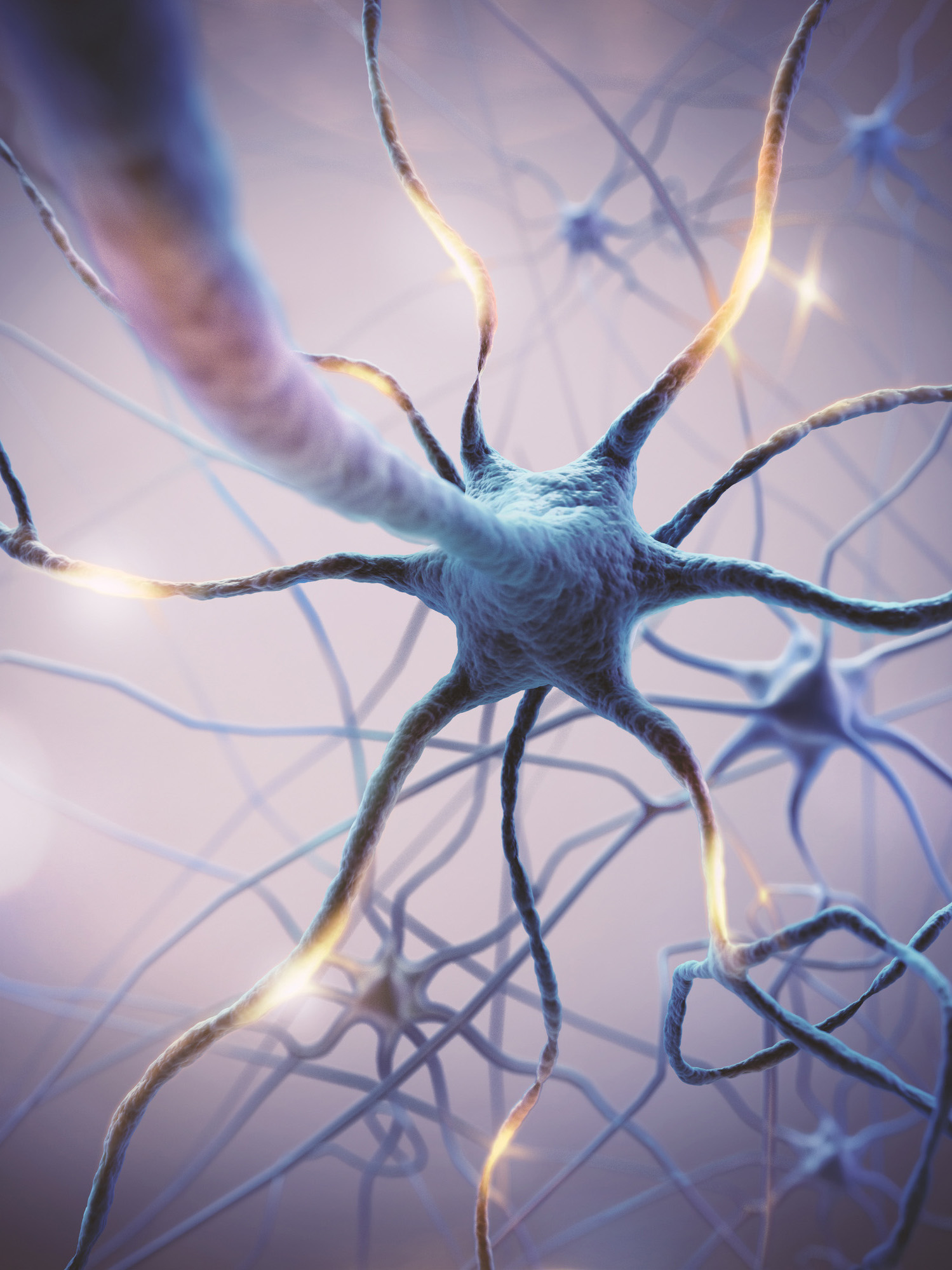Stories of Hope: ALS

Amyotrophic lateral sclerosis (ALS), also known as Lou Gehrig’s disease, is a particularly nasty degenerative disease where motor neurons, the brain nerve cells that control movement, are damaged and stop working properly.
As those motor neurons die the muscles they control stop working. Once ALS starts it almost always progresses. Patients lose the ability to do things for themselves: to walk, to speak and even to swallow. Eventually, the muscles that control breathing fail—the cause of most ALS deaths.
There is no cure and treatments are limited. CIRM has funded two clinical trials targeting ALS.
A team at Cedars-Sinai, led by Dr. Clive Svendsen, is transplanting millions of genetically engineered stem cells into patients with ALS. When transplanted into the patient spinal cord, these cells become astrocytes, the support cells that keep nerve cells functioning. Due to the genetic modifications, the cells also deliver high doses of a growth factor which has been shown to protect nerve cells. The goal of this early-stage trial is to test the safety of this astrocyte replacement strategy in ALS patients, and to see if it can help slow down the progression of the disease.
CIRM also funded a Phase 3 clinical trial with Brainstorm Therapeutics using mesenchymal stem cells that are taken from the patient’s own bone marrow. These stem cells are then modified in the lab to boost their production of neurotrophic factors, which are known to help support and protect neurons, the cells destroyed by ALS. The modified cells are then returned to the patients in the target area of damage. While this approach showed promise in early clinical trials, the Phase 3 trial CIRM funded, involving nearly 200 patients, failed to reach its goal of helping slow or stop the progression of the disease.
Watch the Spotlight on ALS talks
Read about CIRM funding of ALS.
